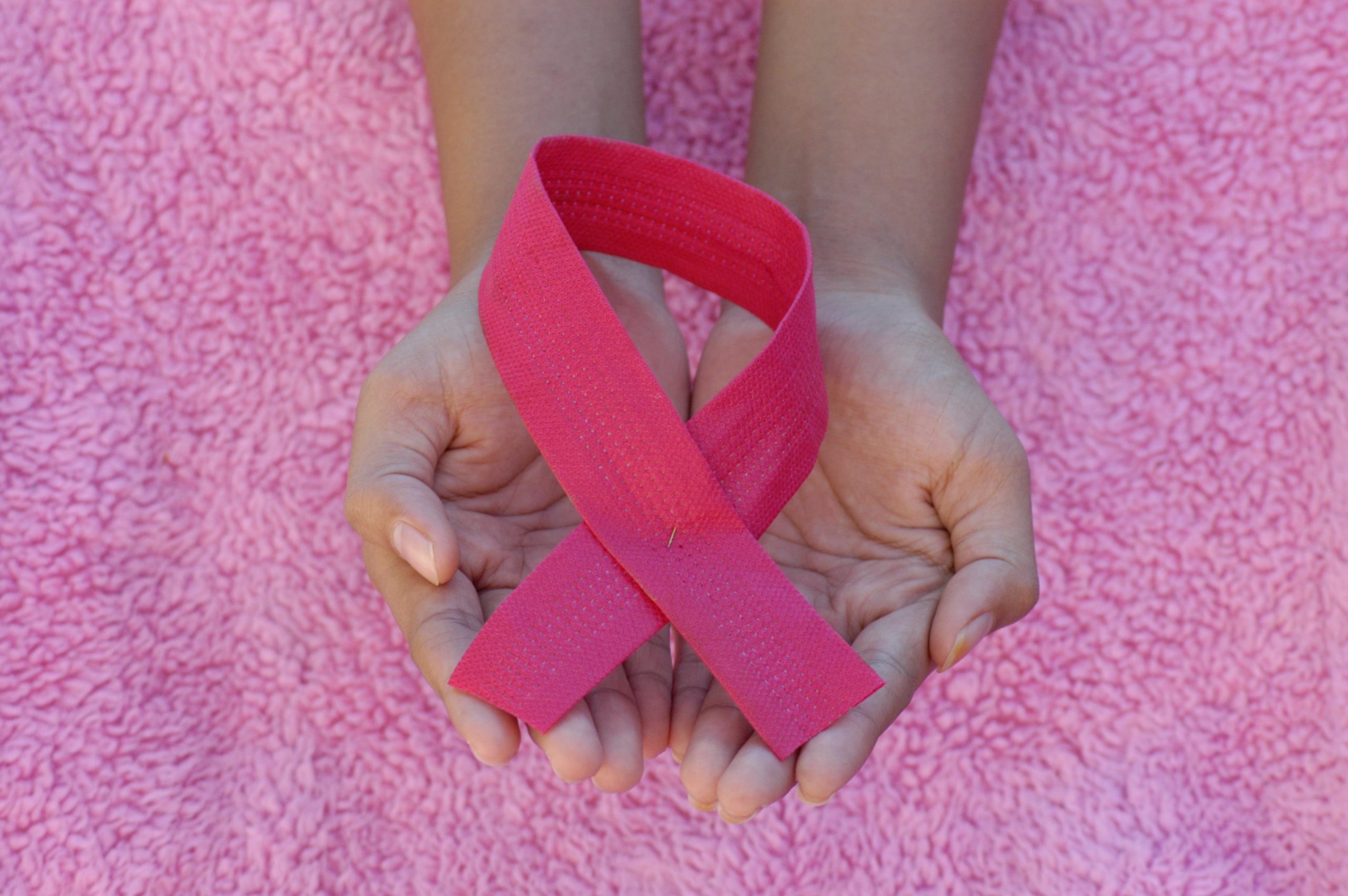Facebook
WhatsApp
Email
A Prospective, Controlled Study of the Botanical Compound Mixture LCS101 for Chemotherapy-Induced Hematological Complications in Breast Cancer
Neora Yaal-Hahoshen,A Yair Maimon,b,e Nava Siegelmann-Danieli,D Shahar Lev-Ari,B
Ilan g. Ron,A Fani Sperber,C Noah Samuels,F Jacob Shoham,G Ofer MerimskyA
A. Department of Oncology, Tel Aviv Sourasky Medical Center affiliated with the Sackler Faculty of
Medicine,Tel Aviv University, Tel Aviv, Israel;
B.Unit of Complementary Medicine, Tel Aviv Sourasky Medical Center
C. Breast Imaging Unit, Tel Aviv Sourasky Medical Center, Tel Aviv, Israel;
D. Maccabi Healthcare Services, Tel Aviv, Israel;
E. Refuot Integrative Medical Center, Tel Aviv, Israel;
F. Center for Integrative Complementary Medicine, Shaare Zedek Medical Center, Jerusalem, Israel;
Faculty of Life Sciences, Bar-Ilan University, Ramat Gan, Israel
ABSTRACT
Background. This prospective, controlled study evaluated the safety, tolerability, and efficacy of the mixture
of botanical compounds known as LCS101 in preventing chemotherapy-induced hematological toxicity in
breast cancer patients.
Methods. Female patients diagnosed with localized breast cancer were randomly allocated to receive
treatment with either LCS101 or placebo capsules, in addition to conventional chemotherapy. The study intervention was initiated 2 weeks prior to the initiation of chemotherapy and continued until chemotherapy was completed, with participants receiving 2 g of LCS101 capsules thrice daily. Subjects were assessed for the development of hematological and nonhematological toxicities, as well as the tolerability and safety of the study intervention.
Results. Sixty-five breast cancer patients were recruited, with 34 allocated to LCS101 and 31 allocated to
placebo treatment. Patients in the treatment group developed significantly less severe (grades 2– 4) anemia
(p < .01) and leukopenia (p < .03) when comparing grades 0–1 with grades 2–4, with significantly less neutropenia (p < .04) when comparing grades 0 –2 with grades 3–4. This effect was more significant among patients undergoing a dose-dense regimen. No statistically significant effect was found with respect to nonhematological toxicities, and side effect rates were not significantly different between the groups, with no severe or life-threatening events observed in either group.
Conclusion. The addition of LCS101 to anthracyclineand taxane-based chemotherapy is safe and well tolerated, and may significantly prevent some chemotherapy-induced hematological toxicities in early breast cancer patients. These results should encourage further larger and more extensive
clinical trials.
The Oncologist 2011; 16: 1197-1202
http://theoncologist.alphamedpress.org/content/16/9/1197.long
In reply
